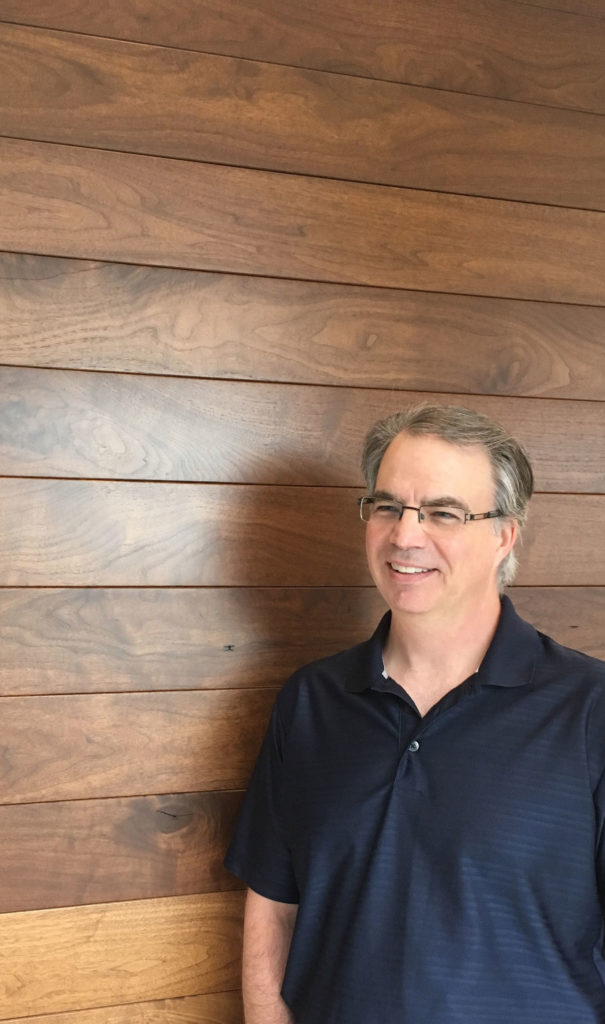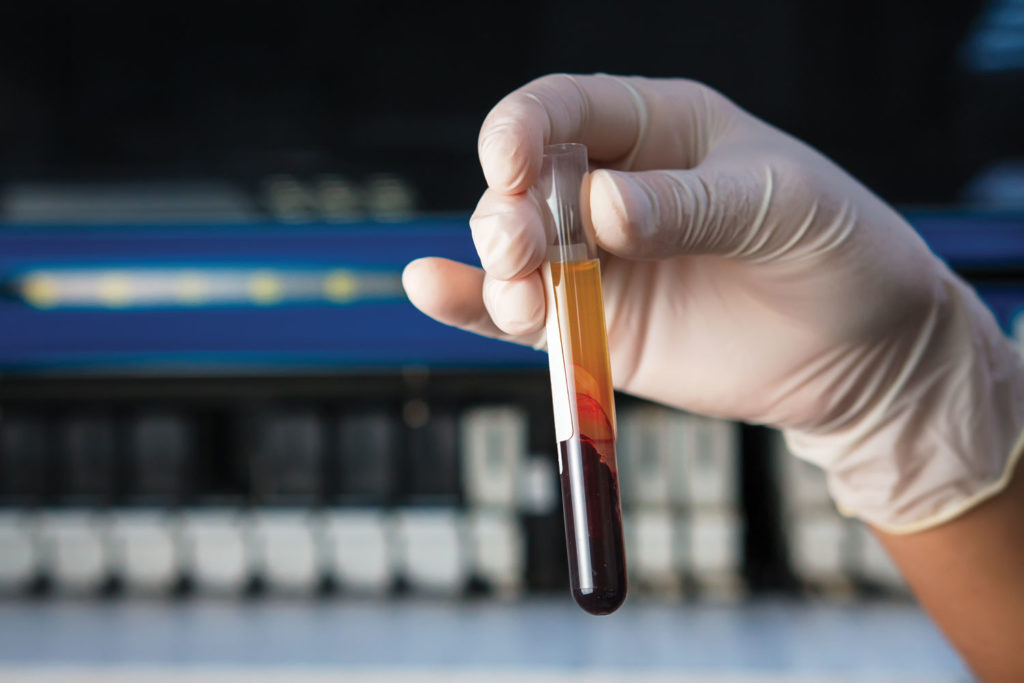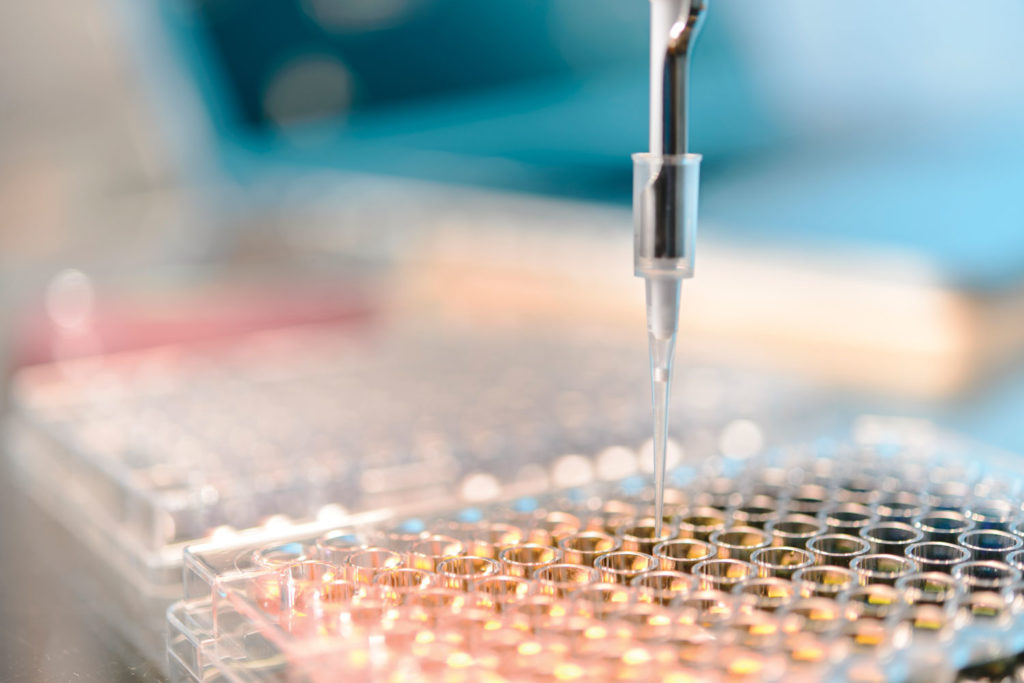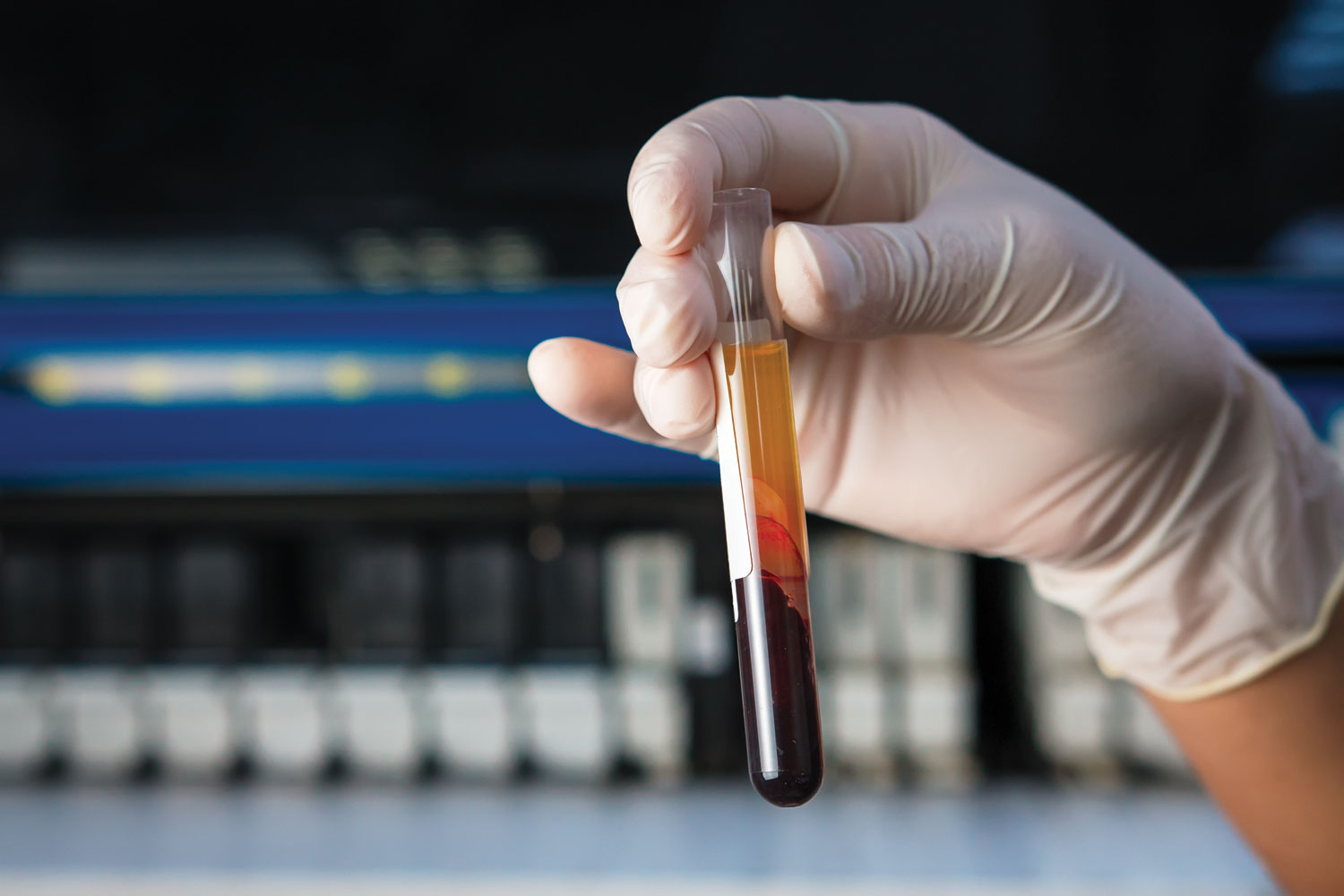A prodrome is an early sign of a developing condition or disease. These signs actually appear prior to any clinical symptoms when a person is still healthy. And every disease has its own prodrome. So, can you actually perform a simple blood test that determines if you will get a disease such as colon cancer years before a typical diagnosis? Well, Prodrome Sciences not only believes it is possible, but they already have the technology to do just that.
PM360 spoke with Dayan Goodenowe, PhD, the Founder, CEO, and President of Prodrome Sciences about how this technology works, the tricky commercialization strategy involved with preventive medicine, and the lessons he learned on the long road to get to this point.

PM360: Where did the idea behind Prodrome Sciences first originate?
Dr. Dayan Goodenowe: I invented a technology back in ’99 called Non-Targeted Complex Sample Analysis, which used high-resolution accurate mass technology to measure all the small molecules in biological samples such as cholesterol, glucoses, amino acids, lipids, etc. While we developed this technology to help discover biomarkers of a disease, we found it was actually indicating which people would get a disease before they got it, and which people were protected from getting a disease.
How does that work?
We discovered that chronic, life-threatening, and life-ending diseases actually have a biochemical program. You’re not just walking down the street and bam, like getting hit by lighting, you have a disease. There’s a prodrome, which is the biochemical state of your body prior to actually getting a clinical disease—and it’s very specific. So, we offer population-based screening that provides individuals with a targeted and actionable way to prevent disease and also to extend their life—and the quality of their life—by basically treating a disease before it happens.
Does every disease have its own unique prodrome?
Yes, there is some overlap; however, by and large they’re very specific. For instance, we all have very tiny cancers in our body. Cancer is very simply uncontrolled cell growth. But the body has mechanisms to deal with that, so when we’re young, cancers never really grow.
Eventually, the cancer-resolving capability of the body starts breaking down and you become susceptible to cancer. The question is when and where. And the best analogy I can give: Having bald tires on your car.
A bald set of tires can last you quite a while, but eventually they will go flat. So, a bald tire is basically a prodrome to a flat tire. Even if we can’t identify when that tire will go flat—or when you will get the disease—we can identify when you are at high risk.
In our current medical system, they wait until the tire is flat, when it is easy to diagnose the disease. We are trying to give people a warning before that. The ultimate goal for Prodrome is to be able to give people a blood test, identify which diseases they are at risk for, which biochemical systems are the cause, and then provide a mechanism for them to correct it.

What prodromes have you discovered so far?
We recently announced the commercialization of our colon and pancreatic cancer programs, called Prodrome-CRC and Prodrome-PAC, respectively. And then the ovarian cancer and Alzheimer’s programs will launch later this year. But, we have many others in the works, including autism, multiple sclerosis, Parkinson’s, lung cancer, bipolar disorder, schizophrenia, and depression. So far, the technology works extremely well. It is just about putting all the pieces together for the commercialization strategy.
What does that commercialization strategy involve?
It is sort of the opposite of companion diagnostics. We have companion therapeutics, and some of the therapeutics for preventative medicine are very inexpensive. That sounds good from a public health perspective, but it’s difficult from a business perspective.
In terms of companion diagnostics, you could almost give the testing away for free because people would pay for the drug afterward. Well, we can do the opposite. We can get paid for the testing and almost give the drug away for free depending upon the preventative measure.
For example, our healthcare system doesn’t currently have screening for pancreatic cancer because the incidence of getting the disease is low, but our blood test changes that by making it easy to get tested. So that type of diagnostic test can enter the system without having a companion therapeutic associated with it.
It is a little different for Alzheimer’s. When we first worked on the Alzheimer’s program, doctors said it was no use to have a diagnostic test for something you couldn’t help treat. But over the last decade, non-pharmacological treatment and prevention strategies have dramatically improved the treatment of Alzheimer’s. People now say our test would be very useful in the marketplace.
Are you doing clinical trials to show these tests and preventive medicine actually work?
Yes, the biggest thing about Prodrome is we take a professional pharmaceutical and diagnostic industry mindset and apply it to preventative medicine, which has primarily been the second cousin in the medical community. Supplement and similar industries are big business—they just haven’t been developed with the scientific vigor that the traditional pharmaceutical marketplaces apply. That’s where we’re different. We apply large-scale clinical trials to identify and scientifically prove which of these preventative medicines and strategies actually provide strong clinical benefit.

You originally developed this technology in 1999 and started the company Phenomenome Discoveries. Why did that venture fail at that time?
Phenomenome Discoveries was a very successful business, but it ended up being one of those tragedies of the investment community. We were in the process of negotiating a $700 million sale when a group of minority shareholders did a hostile takeover. It blew up in their face, but it also caused a reset to happen.
I took advantage of that situation and did several upgrades. Many of the concepts are the same, but in some ways, Phenomenome Discoveries was too early for the stuff we were developing. So, even though Prodrome Sciences is a startup, we have a lot of experience baked in with 10 years and $30 million worth of previous research.
What else did you learn from that experience?
I agreed to a super majority rule in the shareholder agreement at Phenomenome. I had operational control, but a group of people with less than 10% control was able to block the corporate development of the company. One simple clause in the shareholder agreement basically took a $500+ million company down to zero. That’s the big lesson right there: I didn’t anticipate the level of greed that can occur in certain situations. I’ll be more careful this time.







